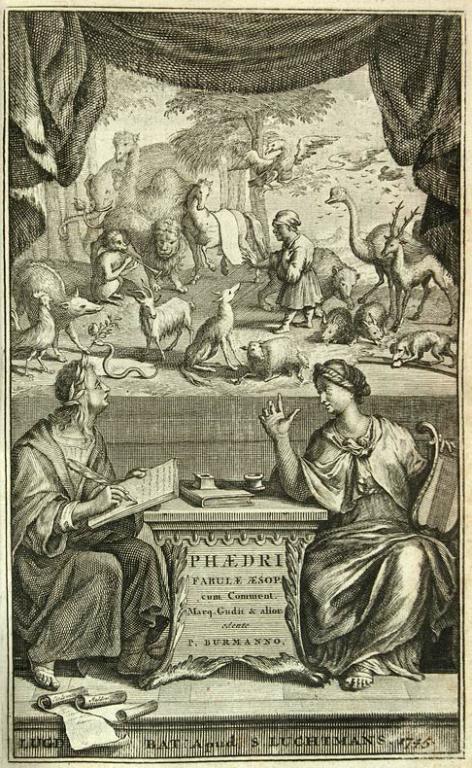 Love cannot abide the abuse of power.
Love cannot abide the abuse of power.
Or so it seems to me after a weekend watching politics and reading Phaedrus with friends. We were led by Professor Al Geier and the contrast between the two activities was remarkable. Politics is, probably rightly, about winning. If you have to get it done in South Carolina and it works, then the result justifies the action. In dialog, the goal is community and loving wisdom, virtue, and experiencing joy with integrity.
I know what I would have written as a young man. Politicians are bad and philosophers are good. I know what some friends would have said: you philosophers are useless to society. We need practical men of action.
I now reject both ideas. The impotent do no good to their neighbors and the man who will doing anything for power, while hating wisdom, is dangerous. I choose neither the effete man who only reads and the burly man of practical affairs who hates ideas.
Why?
Plato has taught me the importance of doing and not just talking and politics has taught me the danger of those who do not love wisdom before they act. Philosophy prevents tyrants in politics and politics prevents drones in society.
Phaedrus begins with a young man in love with speeches. He is enamored with love and it takes time for Socrates to help him see that he does not know what he thinks he knows. His emotional life is like the weather, just there, and so not a good guide to what he should do. His intellectual life is ravaged by the entertainment and “schooling” of his city.
Young Phaedrus is in trouble.
Under a tree by a stream, the good teacher, Socrates, talks with Phaedrus until they see that the speeches that school has taught Phaedrus are not just nonsense, but exploitative. The powerful people in the community are playing on the young man’s desires to get what they want (cash, sex, work) from him.
Socrates sets him free by showing him what love is and forming a better community with him.
Why does politics matter? Socrates and Phaedrus form a new community and this is a political act. They must know how to govern themselves with dignity and moderation or they will be destroyed.
They cannot just ignore the surrounding city because that city might destroy the discussion they are having. A good city will give them the freedom to get carried away with learning, discussion, and innovation. A bad city will regiment, control, and exploit.
Phaedrus and Socrates cannot ignore the city, but they must also not be “in” it. They are just outside . . . part of greater Athens, but not overwhelmed by Athens.
So it is for us. We are hearing the sound and fury of politics. We might run away and disengage. How tempting! If we do that, then the city will have revenge and we will be found and destroyed. That may happen no matter what we do, ask Socrates, but we must be engaged to some degree in self-defense!
Love demands it. Conversation produces friendship and friendship is based on love. Love needs rules or it consumes us all. The rules of love, patriotic love, are politics.
Politics is not everything anymore than the rules of the road are driving. We love and so we need guidance, laws, community, and standards, but we have politics for the sake of love and not love for the sake of politics.
We will elect a President whose chief job is to allow us to flourish as human beings . . . what the Founding Fathers called the “pursuit of happiness.” We need a leader strong enough to protect those we love, but merciful and wise enough to leave us alone.
Ideally, we would find a philosopher to be President, but since that is (nearly) impossible we must be content with a modest, though powerful person. We need a human strong enough to rule, but meek enough (Moses!) to be endured.
Our goal in this life is to love each other and in the love of wisdom, gain wings for our souls so that we can fly up now and at the hour of our death and see the Good.











